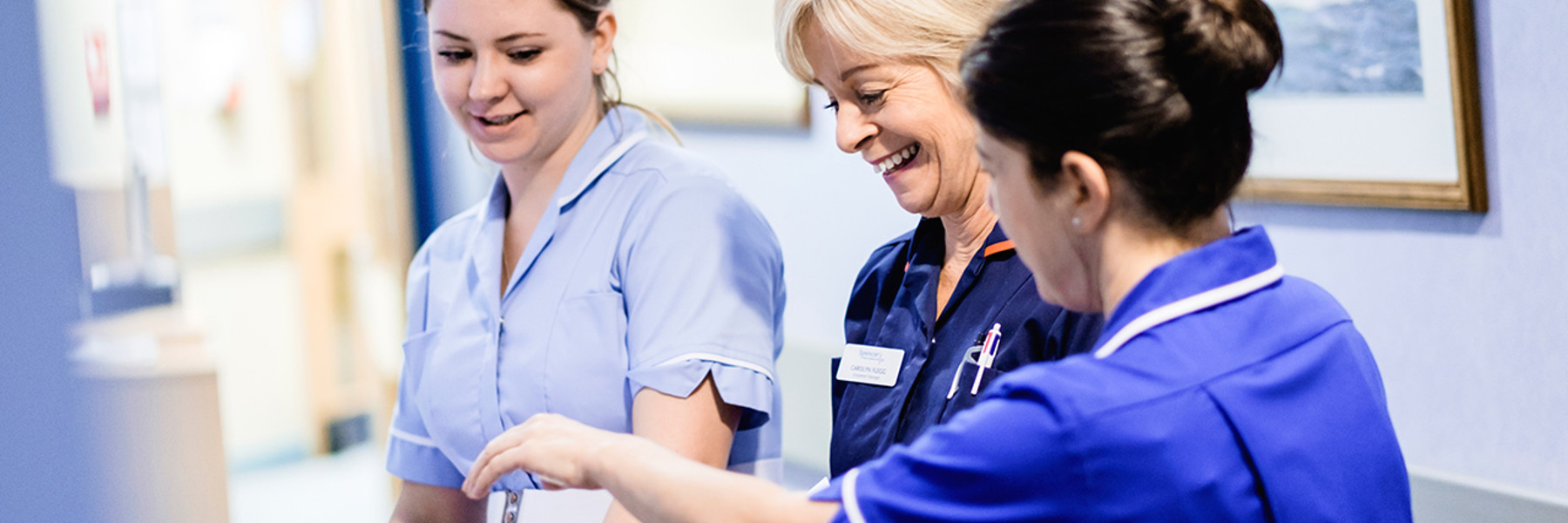What is Heart Rhythm Week?
Date: 25/05/2017
Each year approximately 100,000 people in the UK die from treatable but undetected heart rhythm disorders known as ‘arrhythmia’.
Arrhythmias can occur in the upper chambers of the heart (atria), or in the lower chambers of the heart, (ventricles) and may occur at any age. Some are not dangerous but can have debilitating symptoms, whereas others can be more dramatic and can even lead to sudden cardiac death; in fact, in the UK it is estimated that 620,000 people are at risk of sudden death. Individuals with a history of collapse or a family history of unexplained death aged less than 35 years old might be at increased risk.
There are a wide range of rhythm disorders and consequences. Some arrhythmias have no symptoms, while others are dramatically debilitating. The following are relatively common arrhythmia symptoms:
- Palpitations, or a feeling of the heart racing
- Premature, missed or skipped beats
- Dizziness
- Fatigue
- Light-headedness
- Fainting
Diagnosis
Many people have heart disorders that are undetected or misdiagnosed, and it is important that an accurate diagnosis is made so that risk can be managed appropriately. A consultant cardiologist with specialist training in arrhythmia is called an electrophysiologist, and diagnosis usually includes a cardiovascular examination and a recording of the heart’s electrical system with an electrocardiogram (ECG), either at rest, or even with a portable monitor worn for several days. Specialist testing called an electrophysiological study (EP study) can also be done to examine the electrical properties of the heart.
Further testing might include an imaging scan of the heart. A simple exercise test on a treadmill may be used, and tilt-table tests might be used to induce fainting.
Treatment
Slow heart rhythm disorders might need treatment with a cardiac pacemaker that is placed just beneath the skin in the upper chest. Small wires (leads) connect the device to the inside of the heart where it provides support if the heart beats too slowly on its own.
Fast heart rhythms can be treated with medication but often can be cured with ablation therapy performed during an EP study. For the more dangerous fast heartbeat disorders (tachycardias) anti-arrhythmic drugs and other medications are used, but sometimes a small device called an implantable cardioverter-defibrillator (ICD) is the most effective treatment for these arrhythmias. These are slightly larger than a pacemaker, but implanted in much the same way. An ICD monitors the heart and provides electrical pulses or shocks to slow down a heart that begins to race out of control and reduce the risk of sudden cardiac death.
Heart Rhythm Week at Spencer Private Hospitals
Throughout Heart Rhythm Week, nurses at Spencer Private Hospitals will offer pulse checks to patients attending outpatient appointments. This quick test will detect an irregular, slow or fast heartbeat, and may indicate that you need more investigation.
Spencer Private Hospitals are working with Consultant Cardiologist and Electrophysiologist, Dr James Rosengarten, to provide specialist heart rhythm care to patients in East Kent. Dr Rosengarten works between East Kent and Barts Heart Centre in London, and is the only Electrophysiologist in the region.
Heart Rhythm Week
Heart Rhythm Week has existed since 2004, when Arrhythmia Alliance successfully lobbied for a new Chapter on Arrhythmias and Sudden Cardiac Death in the National Service Framework (NSF) for Coronary Heart Disease, and every year the week has been synonymous with activities across the globe. From pulse checks in Perth, Australia to an arrhythmia information bus in India, Heart Rhythm Week is a time to join in and help ensure we make a difference. The week can be supported in many ways:
- By holding awareness events such as pulse check clinics, where members of the public can learn more about the symptoms of heart rhythm disorders and learn when to seek further advice from a healthcare professional.
- Community education and fundraising events.
- Highlighting local activities and events to the media.
- Providing awareness packs for people to spread the word about heart rhythm disorders in their community.
For more help and information, you can contact 01789 867 501 or info@heartrhythmalliance.org
For more information about our Cardiology treatments, please call the number above or click here

